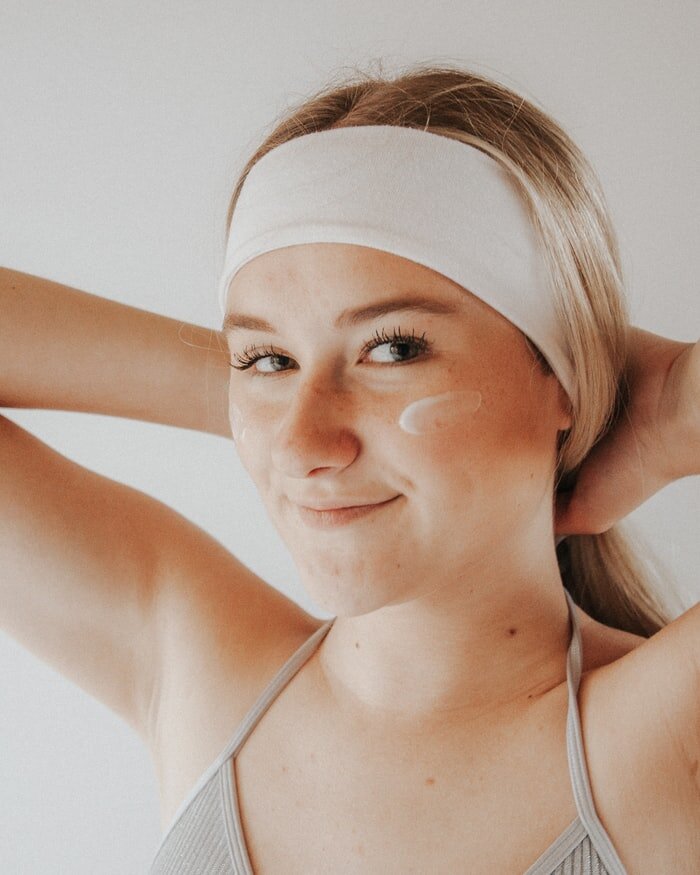Probiotics in Skincare: What Are They and Why Do They Work?
Image source: Cheyenne Doig on Unsplash
Probiotics have lined the shelves at health food stores for decades, touting a variety of good-for-your-gut properties. But recent research has shown that just like the capsules you swallow to keep your gut balanced, probiotics can also be beneficial when applied topically to the skin. Friendly bacteria can soothe irritation, strengthen your skin’s natural barrier, and even out your skin tone.
In fact, a new study published in Science Advances has shown that skin bacteria might even help protect against skin cancer — and since probiotics are vital to keeping your natural skin bacteria healthy, it’s all the more reason to consider adding them to your daily skincare routine.
Sounds intriguing, right? Here’s everything you need to know...
What Exactly Are Probiotics?
Probiotics are live bacteria that play a key beneficial role in the overall health of our digestive systems. Found naturally in yogurts and fermented foods, they help block pathogens and balance bacteria in the gut in order to fight off bloating, stomach cramps, and other digestive issues. Put simply, probiotics are microorganisms that can benefit their hosts, but we just tend to call them ‘good bacteria’ because of their wealth of benefits.
How Do Probiotics Work in Cosmetics?
When consumed through food or supplements, probiotics treat and prevent problems in the stomach. Similarly, topical probiotics calm the skin by harnessing a surge of good bacteria to help skin cells flourish. The natural bacterial environment of our skin has a very important protective role, so it’s important to keep it intact. This can be difficult with our over-clean modern lifestyles in which most people use harsh facial cleansers and antibacterial soaps. These products can strip the skin of its healthy bacteria, often resulting in a damaged skin ecosystem and dry, stressed, breakout-prone, or sensitive skin.
The solution? According to recent research from the SUNY Downstate Medical Center, topical probiotics can regulate the skin’s natural balance by helping to moderate the cells’ signalling molecules, increasing cell communication and balancing the body’s immune response. When your skin barrier is happy, it can regulate oil production, stay hydrated, and protect against carcinogenic free radicals. Supporting your microbiome with a topical dose of probiotics can help your personal ecosystem stay balanced, which in turn results in a glowing complexion.
How to Use Probiotics in Your Daily Skin Routine
For healthy and radiant skin, look for moisturizers, serums, creams, and even face masks that incorporate probiotics as a central ingredient. With so many products on the market, it can be overwhelming to figure out where to start. Your dermatologist can help recommend the right concentration and the right probiotic strain for your skin needs. For example, Lactobacillus Acidophilus is one of the best-known strains for fighting acne.
But your face isn’t the only part of your body that can benefit from probiotics. Your underarms, often overlooked as one of the most sensitive and delicate parts of your body, can reap the benefits of good bacteria, too! Probiotic deodorant helps facilitate the production of antimicrobial peptides, which act like natural antibodies to fend off harmful bacteria. Carmel Naturals deodorant, for example, harnesses the beneficial power of probiotics to fight the bacteria that cause body odor, while simultaneously soothing irritated skin and protecting your underarms.
Do you use probiotic bacteria in your skincare? Curious to try it out? Let us know what you think in the comments below!
